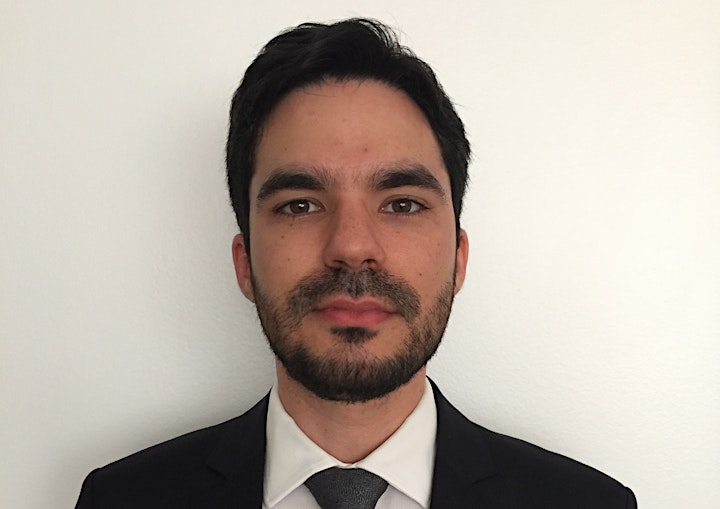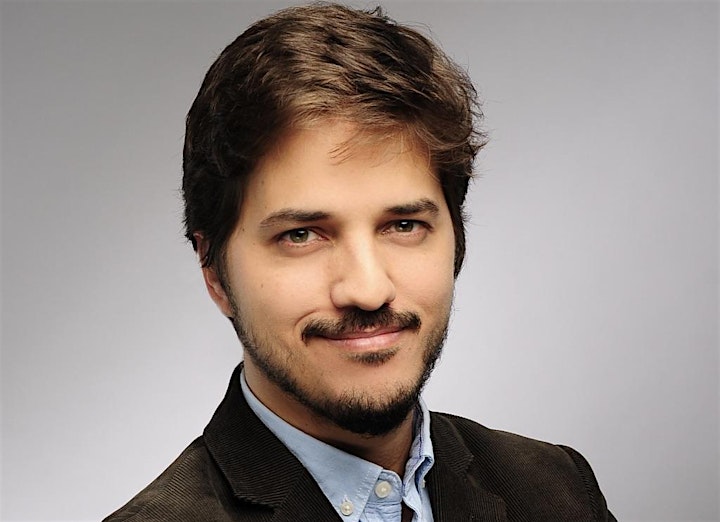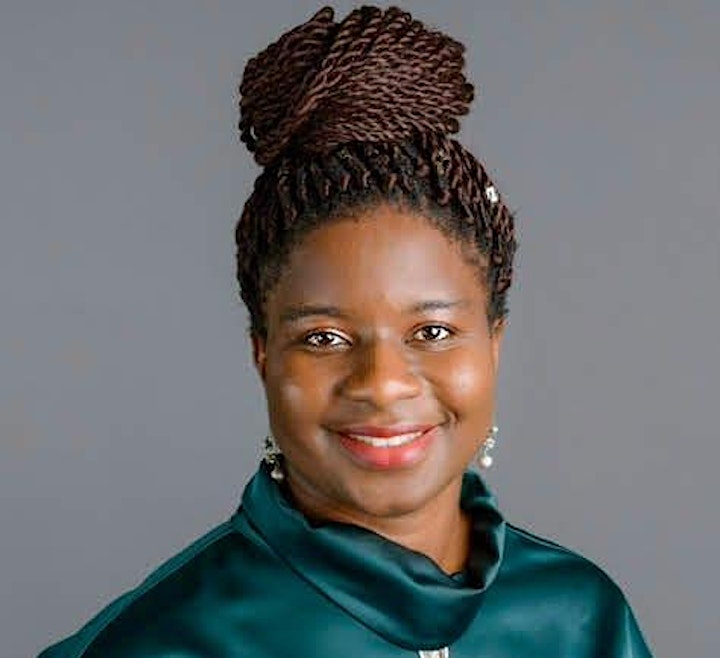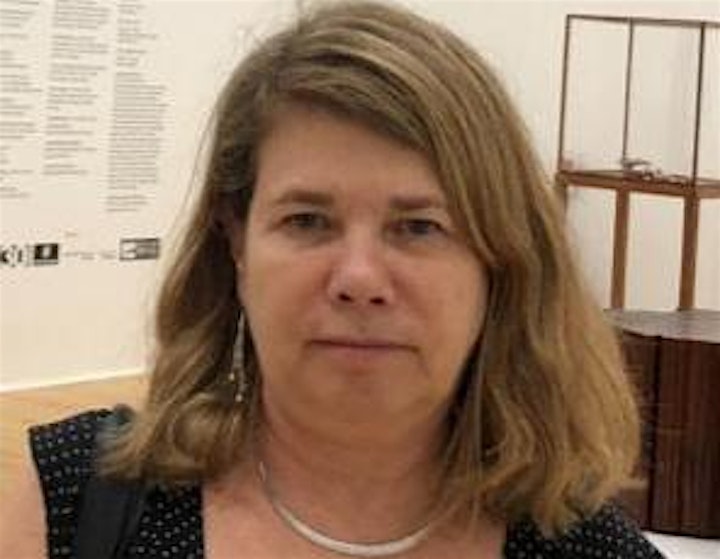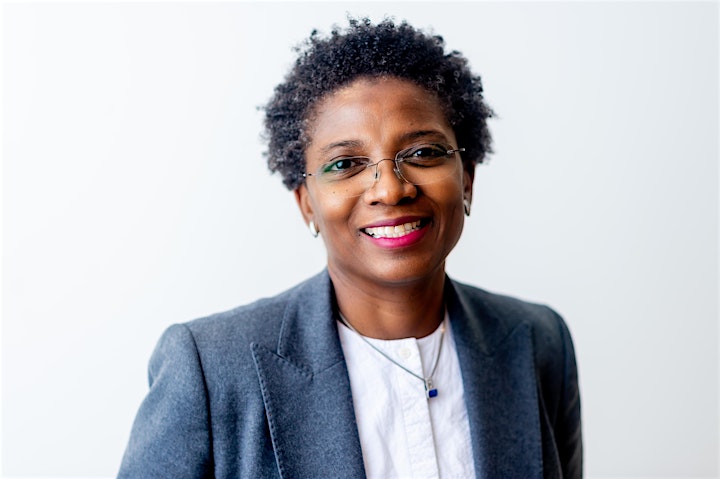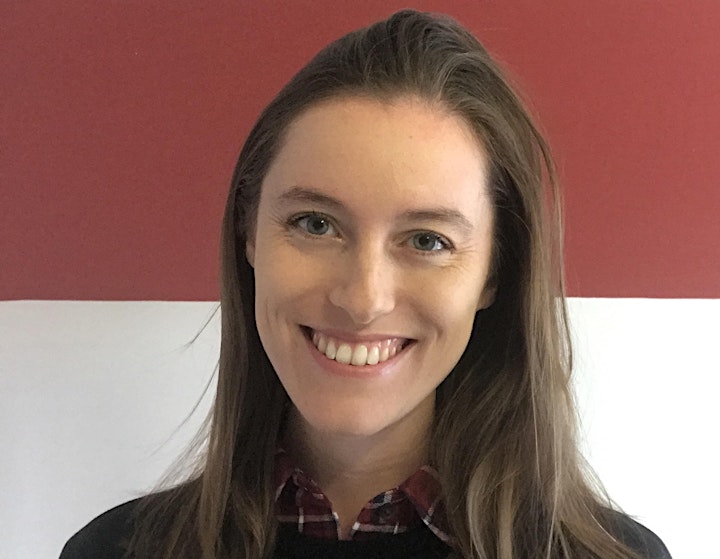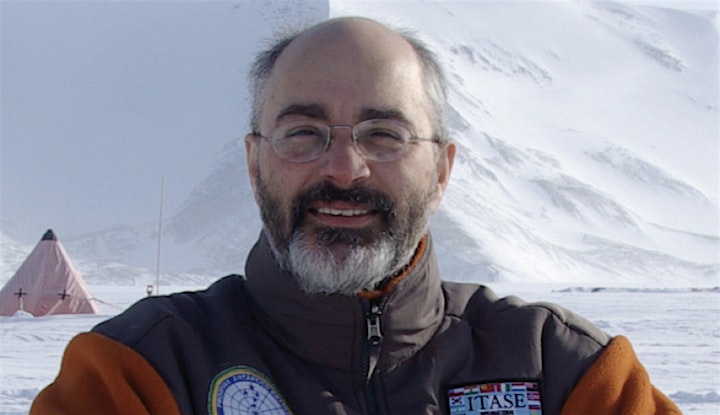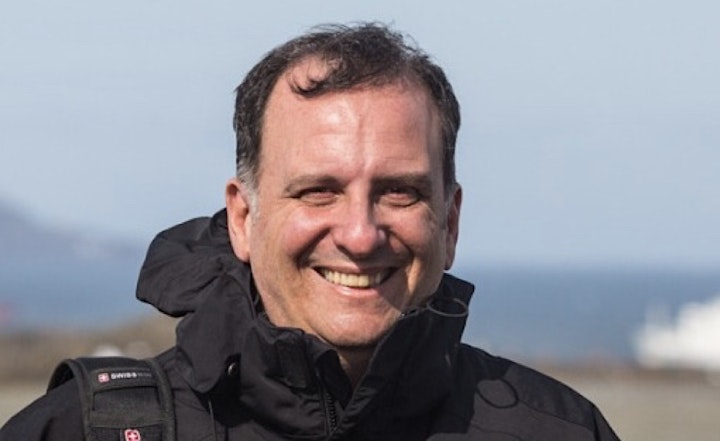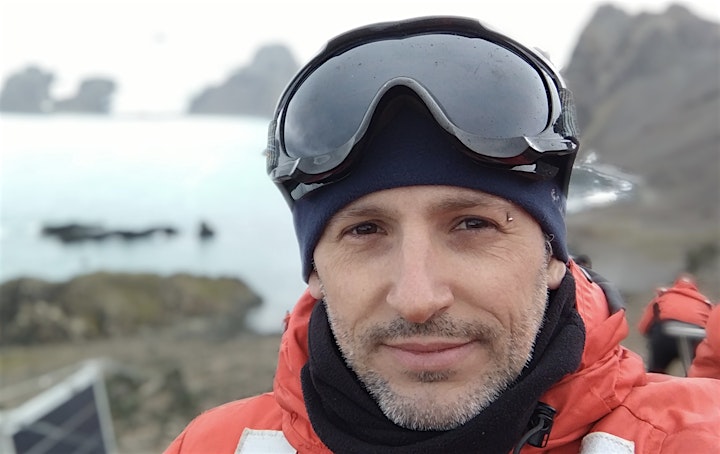Please note: this event has passed
Up until the first half of the 20th century the South Atlantic was the scene of important strategic concerns linked to economic interests and related to global commerce. However, in recent decades, the region has been thought of and established as a region in its own right and with its own dynamics. This drove efforts to develop concepts and a body of knowledge that could account for the phenomenons that take place in the region and could assist in the decision-making processes and the development of policies oriented to administrate its resources, security and ecological balance. These developments are not without resistance from extra-regional actors and call into question the reach of interpreting the region as one holding a particular significance.
Nowadays, in the South Atlantic region, Brazil is a principle power with overseas projection and the will and resources to promote the development of a policy orientated to strengthening the region’s potential in terms of economic resources, the maintenance of peace and the promotion of international cooperation on a transoceanic scale. For that reason, understanding the actual role and the future prospects of Brazil in the South Atlantic is essential to interpreting the future of the region in aspects such as: peace and security, international commerce, international cooperation, environmental conservation and Antarctic governance. It is also important to consider bi-continental cooperation as a mechanism through which to strengthen security and economic links between South America and Africa – therefore requiring consideration of these regional risks.
Drawing on these needs, the event “Perspectives on the South Atlantic” looks to debate the major concerns and interests in the region, such as looking into the utility of the concepts and explanations developed to interpret the region. Parting from the traditional academic-style event, a more dynamic interchange between the panellists will be pursued. Divided into two types of events; open panels will be directed to offer academics and the general public an overview of the main issues, the dynamics and the role of Brazil and its partners in the South Atlantic region; while closed executive roundtables will be directed to offer an opportunity to promote a dialogue between the academics, governmental departments and the private sector in issues surrounding common interests.
The Open Panels:
The open panels are directed to a broad audience and aim to present an overview of the most important aspects of the main issues covered during the webinars. Each open panel will last 40 minutes and will be composed of three panellists and a moderator. Thirty minutes will be allocated to the debate between panellists, with the additional 10 minutes to Q&A. Instead of a classic academic-style seminar, the open panels will follow an interview style where a moderator will drive the interchange between the panellists discussing a predefined list of topics, highlighting the agreements and disagreements and fostering discussion and debates. Thereafter the interviewer will select questions submitted by the audience to pose to the panellists.
There will be three panels distributed over two consecutive days:
- Peace in the South Atlantic
- Maritime Security Challenges and Brazilian projection in the Gulf of Guinea
- Antarctica and the Southern Ocean
Maritime Security Challenges and Brazilian projection in the Gulf of Guinea | 7 December 14-14:40 (London) / 11-11:40 (Sao Paulo)
This panel will discuss the maritime security challenges rising in the Gulf of Guinea region (piracy, illicit traffics, illegal fishing, environmental crimes among others) and mining the stability of the South Atlantic space, analysing Brazilian intervention through a combined security-development approach.
Panellists:
- Dr Ifesinachi Okafor-Yarwood
- Pedro Seabra
- José Joaquim Gomes da Costa Filho
Peace in the South Atlantic | 7 December 15-15:40 (London)/12-12:40 (Sao Paulo)
This panel will discuss peace initiatives and cooperation in the South Atlantic region. It will focus on the ZOPACAS (Zone of Peace and Cooperation of the South Atlantic); multilateralism and bi-continental cooperation.
Panellists:
- Maísa Edwards
- Monica Herz
- Funmi Olonisakin
Antarctica and the Southern Ocean | 8 December 13-13:40 (London) / 10-10:40 (Sao Paulo)
Considered the last frontier of exploration on earth, Antarctica presents an exceptional case that makes its significance unique. The only continent without a permanent population and defined territorial status; governed by an international arrangement that successfully demilitarized and denuclearized the region in promotion of science and international cooperation; and having the most important reservoir of scientific data in the world, Antarctica still faces challenges ahead, in particular related to the potential use of its natural resources and its role in the climatological dynamics of the globe.
Connected to the South Atlantic by important ecological and physical dynamics, Antarctica has been a region of concern for the Southern countries (including Brazil, which has been active in the continent for almost 40 years). Brazil has recently demonstrated some signals of a renewed interest in the Antarctic - such as the recent inauguration of its rebuilt Antarctic Station Comandante Ferraz - and other aspects of its Antarctic policy, such as the difficulties experienced in the financing of scientific projects.
Thus, this panel looks to elaborate on the relevance of the Southern Ocean and the Antarctic region in its interrelations with the South Atlantic, attempting to reflect on the present and future relevance of the region for Brazil. To do so, the panel will cover the following aspects:
- Present situation and future prospects of the Brazilian Antarctic Programme: significance of the new Antarctic Station Comandante Ferraz, the acquisition of a new Antarctic ship and other investment in infrastructure, reach; relevance and limitation of current Antarctic research, general prospects of the programme financing.
- The relevance of Antarctica for the South Atlantic and Brazil: the Antarctic Treaty System and its future challenges. The opportunities for regional cooperation.
Panellists:
- Jefferson Simões
- Leonardo Mattos
- Ignacio J. Cardone
The Panelists:
Maritime Security Challenges and Brazilian projection in the Gulf of Guinea
José Joaquim Gomes da Costa Filho is a Brazilian diplomat. He is currently the deputy chief of the United Nations Division II (Peace and International Security) at the Brazilian Foreign Ministry. He holds a Master’s in International Politics from the Graduate Institute of International and Development Studies (IHEID) in Geneva and a BA International Relations from the University of Brasilia.
Pedro Seabra is a Research Fellow at the Center for International Studies (CEI-Iscte), a Guest Assistant Professor at the University Institute of Lisbon (Iscte-IUL), and a Researcher at the National Defense Institute (IDN). He holds a PhD in Political Science from the Institute of Social Sciences, University of Lisbon (ICS, ULisboa). His research interests focus on regional security governance, South Atlantic geopolitics and security-capacity building in Africa.
Dr Ifesinachi Okafor-Yarwood is a Lecturer in Sustainable Development at the School of Geography and Sustainable Development, the University of St Andrews in Scotland. Her research to date has generated critical insights around the blue economy, maritime governance, and security. She is continuing to advance the understanding of sustainability as a question of resource management, environmental justice, and the disproportionate effects of depleting resources on security, poverty, and inequality. Dr Okafor-Yarwood has consulted for different international and regional organizations on issues relating to ocean governance, peace, and security in the African continent. She is the lead author of the Stable Seas: Gulf of Guinea report, research commissioned by the One Earth Future: Stable Seas, based in Colorado, U.S.A. She is also a contributing author to the Blue Paper 16, titled: Organized Crime in the Fisheries Sector, commissioned by the High-Level Panel on Sustainable Blue Economy, a global initiative led by 14 Heads of Governments. Dr Okafor-Yarwood is also a Visiting Research Fellow at the Centre for Strategic Research and Studies, National Defence College, Abuja, Nigeria, and a Maritime Security expert, for the Royal United Services Institute (RUSI) Critical Maritime Route (CRIMSON III) project.
Peace in the South Atlantic
Mônica Herz is an associate professor at the Catholic University of Rio de Janeiro. She has a PHD degree from the London School of Economics and Political Science and has written three books : Organizações Internacionais: histórias e práticas (co-authors Andréa Ribeiro Hoffman, Jana Tabak) Rio de Janeiro: Elsevier, 2004 and Ecuador vs. Peru: Peacemaking Amid Rivalry (co author, João Pontes Nogueira ) Boulder Colorado: Lynne Rienner Publishers, 2002 ,Global Governance Away From the Media, Routledge, 2010, apart from several articles and chapters on Latin American security, global governance and Brazilian foreign policy.
Professor Funmi Olonisakin is Vice-President and Vice-Principal International and Professor of Security, Leadership & development at King’s College London. She founded the African Leadership centre (ALC), which aims to build the next generation of African scholars and analysts generating cutting edge knowledge for peace, security and development in Africa. She was Director of the Conflict, Security and Development Group (CSDG) at King’s College London from 2003 to 2013. Prior to this, she worked in the Office of the United Nations Special Representative of the Secretary-General on Children and Armed Conflict. Olonisakin has positioned her work to serve as a bridge between academia and the worlds of policy and practice. Her most recent research has focused on “Reframing narratives of Peace and State Building in Africa” and on “Future Peace, Society and the State in Africa”. In January 2015, Professor Olonisakin was appointed by the United Nations Secretary-General, Ban Ki Moon, as one of seven members of the Advisory Group of Experts (AGE) on the Review of the UN Peacebuilding Architecture. She was also appointed in 2016 as a member of the Advisory Group of Experts for the UN Progress Study on Youth, Peace and Security. She serves on the board of the Centre for Humanitarian Dialogue and Chairs the Africa Regional Advisory Committee of the Open Society Foundation. The University of Pretoria appointed ‘Funmi Olonisakin as an Extra-Ordinary Professor in the Department of Political Sciences in 2016. In 2018, she was appointed to the Council of the United Nations University.
Maísa Edwards is a third-year Joint International Relations PhD student at King's College London and the University of São Paulo. Her research topic explores Brazil and the Zone of Peace and Cooperation of the South Atlantic (ZOPACAS) and Brazilian diplomatic and defence relations in the South Atlantic (1986 – 2013). She holds an MSc Brazil in Global Perspective from King’s College London and a BA (Hons) French and Spanish from University College London. She has worked in London for multinational organisations, such as CNN and Coca-Cola, as well as in Guadeloupe (French West Indies) for the British Council.
Antarctica and the Southern Ocean
Professor Jefferson Simões is a Professor of Polar Geography and Glaciology at UFRGS and a member of the Brazilian Academy of Sciences. He is the pioneer of glaciological science in Brazil and the current Vice-President of the Scientific Committee on Antarctic Research (SCAR). Having graduated as a geologist at UFRGS, he later obtained his PhD from the Scott Polar Research Institute at the University of Cambridge, England, in 1990 and was a postdoctoral fellow at the Laboratoire de Glaciologie et Géophysique de l'Environnement (LGGE) du CNRS / France and the Climate Change Institute ( CCI), University of Maine, USA. Simões is a researcher and scientific leader of the Brazilian Antarctic Program (PROANTAR), with research on the history of the terrestrial climate over the last 2000 years. He has participated in 25 scientific expeditions to the two polar regions, created the Polar and Climate Center at UFRGS, the institution that leads the research on snow and ice in Brazil and is also a professor at the Climate Change Institute, University of Maine, USA. In 2007, he received the Outstanding Researcher Award from the Research Foundation of the State of Rio Grande do Sul (FAPERGS) for his contribution to Antarctic research and in 2018, received the medal of the National Order of Scientific Merit from the Brazilian government for his leadership in national Antarctic research.
Professor Leonardo Mattos is a Reserve Captain of the Brazilian Navy and a Professor at the Naval War College. He has a bachelor's degree in Naval Sciences from the Naval School of Brazil; a Master’s in Naval Sciences at the Naval War College of Brazil; and Master’s in Strategic Defense and Security Studies at Universidade Federal Fluminense. His thesis was on "The Accession of Brazil to the Antarctic Treaty: an analysis of foreign policy of Geisel’s government". He is in charge of the Geopolitics Sector of the Naval War College of Brazil, coordinator of the Naval War Situation Assessment Center and the Responsible (?) Editor of the "Geocurrent" e-journal. He is an Academic Coordinator of the course of Maritime Strategy at the Fundação de Estudos do Mar, a member of the International Economic Analysis Group at the University of São Paulo and a consultant for the Brazilian Antarctic Program.
Ignacio Javier Cardone is a post-doctoral researcher at the Political Science Department of the University of São Paulo and the International Relations Research Centre. He has a PhD in International Relations from the Joint International Relations PhD programme with the University of São Paulo and King’s College London. He is active member of the Humanities and Social Sciences Standing Committee of the SCAR . He has published works on the influence of the scientific community over Antarctic politics previous to the Antarctic Treaty, the Brazilian Policy for Antarctica, the Latin-American involvement in the origins of the Antarctic regime and the Antarctic identity in Argentina and Chile, amongst others. His research interest includes: Antarctic history and politics, science diplomacy, climate change and international relations, and political theory.
Organizing Committee
- Vinicius Mariano de Carvalho
- Janina Onuki
- Rafael Antonio Duarte Villa
- Maísa Edwards
- Francesca Mercúrio
- Ignacio Javier Cardone
CONTACT US
maisa.edwards@kcl.ac.uk / francesca.mercurio@usp.br / icardone@usp.br
Webinar schedule
Download the two-day schedule of the Perspectives on the South Atlantic webinar.

